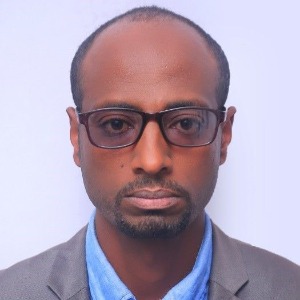Title : Challenges and prospects of using live feed substitutes for larval fish
Abstract:
Larviculture of commercially important aquaculture species faced limitations associated to the incomplete understanding of larval nutrition and the inability to total replacement of live feeds by formulated diets at the early larval stage. The main challenges to alternatives of live feed in larval fish culture are related to the inherent behaviors of the larvae and the incomplete knowledge and practice leading to the inefficiency of using micro diets. Although significant achievement has been reached in the complete replacement of live feeds by formulated micro diets in freshwater species and marine shrimps, its success is far from complete in marine finfishes. However, recent progress in biotechnological advances in manufacturing process and advanced knowledge of the nutritional necessities of larvae indicated improvements in the field. A range of technologies in the manufacturing of micro diets for larval fish are in place currently. To this end, several achievements of substituting live feeds with formulated micro diets at later stages of larval development have been reported by various researchers providing a clue on the prospects for the future. Therefore, the objective of this review is to compile existing information on the challenges of substituting live feeds by formulated diets in the past and prospects for future development.
Keywords: Live feeds, Micro diet, Nutrition



